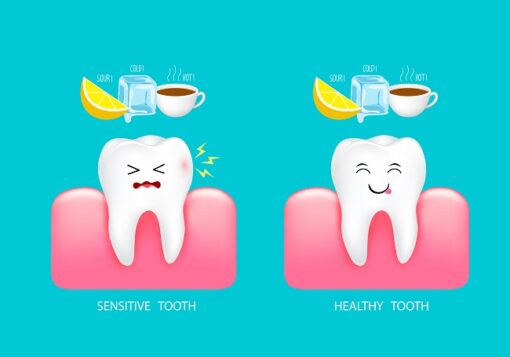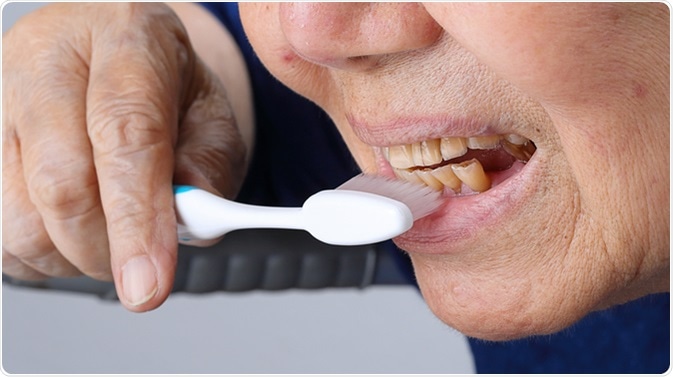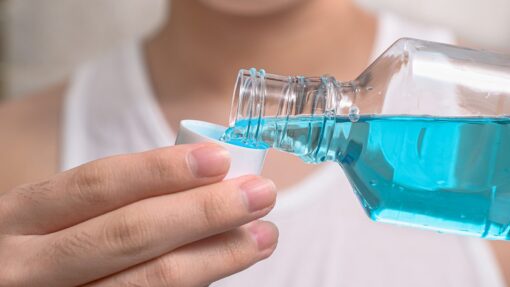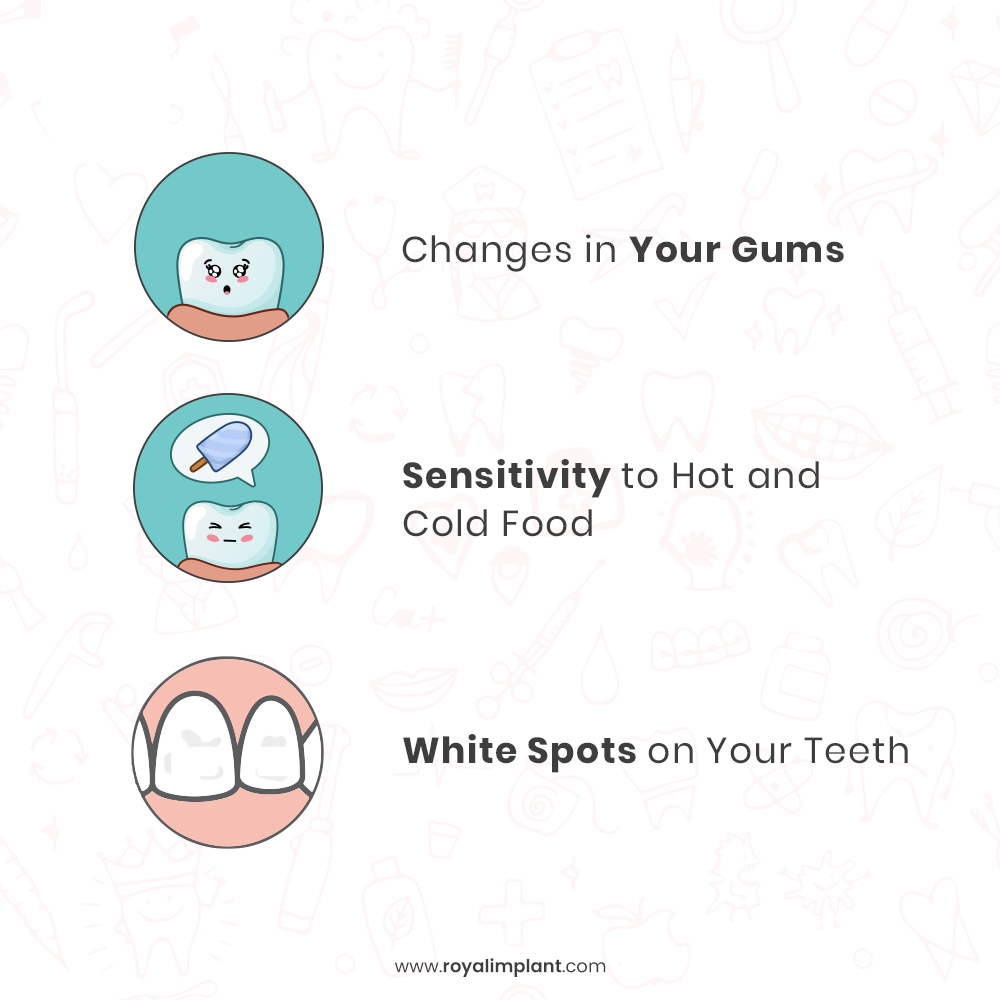Dental sensitivity can be a frustrating experience for many people. It is a condition that causes certain foods or drinks to feel especially uncomfortable in your mouth. If you experience dental sensitivity, it means that your teeth are more sensitive to hot and cold than normal. Let’s take a look at the common causes of sensitivity and what you can do about it. In this article, we explore the possible reasons behind your sensitivity and some methods of alleviating the discomfort.
Defining Dental Sensitivity
Dental sensitivity is caused by a reduction in the number of minerals in your teeth. This can make your teeth more sensitive to temperature changes, and make eating certain foods more uncomfortable. There are a few different reasons for this reduction in mineral content, with the most common being genetics and ageing. Most people experience dental sensitivity only occasionally and it does not cause long-term problems. However, if it is severe, the reduction in mineral content can weaken your teeth, making them more prone to damage.

Causes of Dental Sensitivity in Teeth
Sensitive teeth are typically the result of worn tooth enamel or exposed tooth roots. Sometimes, however, tooth discomfort is caused by other factors, such as a cavity, a cracked or chipped tooth, a worn filling, or gum disease.
Genetics – If your parents have sensitive teeth, there is a good chance you will too. Sensitivity is more common in people with a family history of the condition.
Ageing – As we get older, our teeth lose some of their mineral content. This can make them more sensitive, especially to hot and cold.



Diet – If you eat too much sugar, you are increasing the risk that your teeth will become sensitive.
Medication – Certain medications can reduce the amount of calcium in your teeth, making them more likely to become sensitive.
Symptoms of teeth sensitivity
There are a few telltale signs that you have sensitive teeth, including a tingling sensation or feeling like hot or cold food is very uncomfortable in your mouth. If you have dental sensitivity, you might find it uncomfortable to drink coffee or eat ice cream. When your teeth are more sensitive, it can also be harder to clean your teeth properly. This is because a toothbrush can irritate sensitive teeth, so you should use a softer brush.
Treatments for sensitivity in teeth
To prevent sensitive teeth from recurring, brush your teeth twice a day with a soft-bristled toothbrush and fluoride toothpaste and floss daily. Use gentle strokes, rather than vigorous or harsh scrubbing, and avoid using an abrasive toothpaste. If you grind your teeth, ask your dentist about a mouth guard.
- Avoiding certain foods: If you know certain foods make your teeth more sensitive, try to avoid eating them.
- Using a softer toothbrush: If you have sensitive teeth, it can be a good idea to use a softer toothbrush to avoid gum damage

Using a mouthwash with a low concentration of alcohol can help reduce sensitivity.

Brushing your teeth regularly can help prevent sensitivity.
- Having your teeth cleaned: Having your teeth professionally cleaned once a year can help prevent sensitivity.
- Taking supplements: Certain supplements can help prevent and treat sensitivity.
Home remedies for dental sensitivity
If you have dental sensitivity, there are a few things you can do at home to reduce discomfort. These include:
- Switching to a softer toothbrush: Using a softer toothbrush can help avoid gum damage.
- Using a softer toothpaste: Alternatively, you can also use a toothpaste designed to reduce sensitivity, such as Colgate Sensitive Toothpaste.
- Drinking through a straw: If you can, it is advisable to drink through a straw to avoid the discomfort of hot or cold liquids in your mouth.
- Taking a break from eating: If you are in a situation where you have to eat something very hot or cold, try to take a break from eating for a few minutes so the food has time to cool down.
Sensitive teeth are typically the result of worn tooth enamel or exposed tooth roots. Sometimes, however, tooth discomfort is caused by other factors, such as a cavity, a cracked or chipped tooth, a worn filling, or gum disease.
Conclusion
Dental sensitivity can be an irritating experience, and many people want to know how they can prevent it. There are a few common causes of dental sensitivity, including ageing, a high-sugar diet, medication use, and genetics. If you experience dental sensitivity, it means that your teeth are more sensitive to hot and cold than normal. There are a few ways to prevent sensitivity, including avoiding certain foods, switching to a softer toothbrush, and using softer toothpaste.






